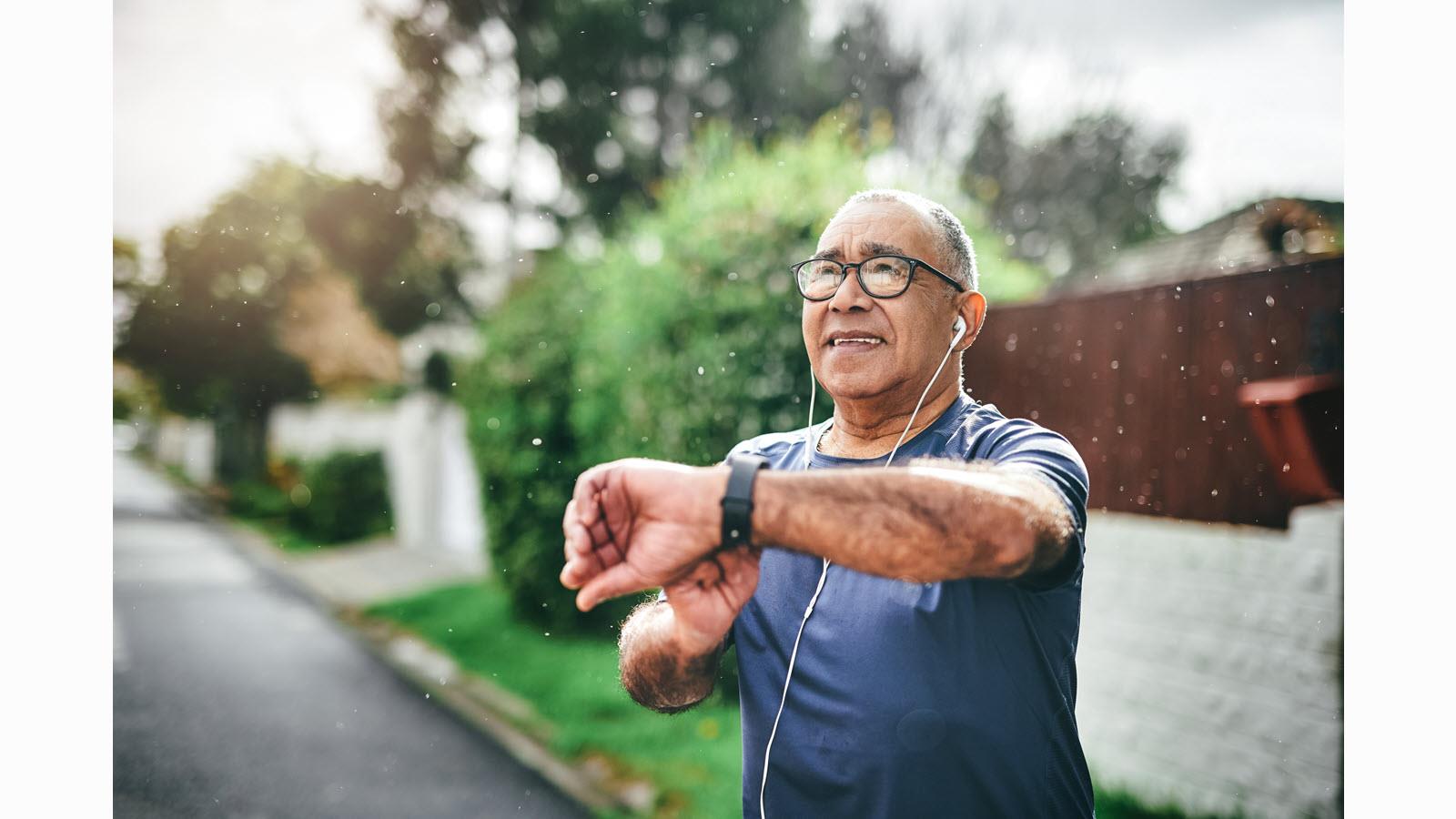The immune system plays a crucial role in protecting the body from illness and injury. As people age, the immune system puts up less of a fight and can be unpredictable, making people more susceptible to infections, diseases and inflammation.
Researchers call it “immunosenescence”and “inflammaging.”
Immunosenescence means that as people age, their immune system doesn’t function as well for several reasons. Researchers say changes occur in the thymus, a gland in the chest that plays a multipurpose role in supporting various immune cells. Older people lose adaptive immunity, which is powered by memory T cells – “T” for thymus because these white blood cells start in the bone marrow and migrate to the thymus, behind the heart.
The aging immune system is one reason doctors encourage the elderly to get an annual flu shot. Most of the deaths and hospitalizations due to influenza impact those 65 and older.
Combine inflammation and aging and you get “inflammaging.” Inflammation – when it’s an immune response to an injury or infection – shows that your body is working as it should. But chronic inflammation when there’s no identifiable irritant can be a sign of trouble, like autoimmune disease. For older people, chronic inflammation is also a risk factor for cardiovascular disease and cancer.
How and why the immune system changes as it does over time is not entirely understood. But healthy habits through the senior years can help defend against illness and support a healthy immune system. They include:
- Avoiding smoking and limiting alcohol.
- Eating a varied diet that is rich in nutrients and low in processed foods and red meat. Look out for barriers to good nutrition, such as low appetite, budget problems or trouble getting out to buy food.
- Getting enough sleep.
- Staying physically active and maintaining a healthy weight.
- Talking with your doctor about which vaccines are right for you. Some flu vaccines are formulated specifically for seniors to boost the body’s immune response against infection.
- Maintaining social connections and reducing stress.
Learn more about the immune system:



